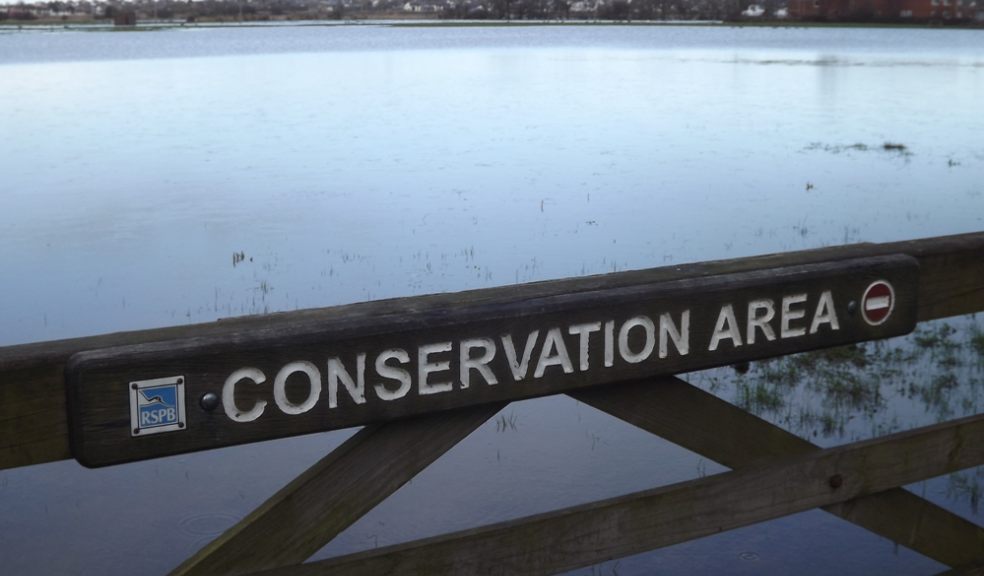
Who is really to blame for the floods?
Had the recent storms and flooding been caused by a perceived external enemy – another country, a hostile organisation or terror group, there would have been political uproar. We would have seen civil anger against the perpetrators and the calling for violent retaliation. A massive propaganda campaign would have ensued against the provocateurs, and there would likely have been strong demands for a declaration of war.
But climate change (which is the most likely explanation for increasingly extreme weather events) is not caused by any of ‘them’. It is not caused by an easily definable enemy as much as it is provoked by ourselves and the ways we choose to live. Who is to blame for the floods? Probably all of us! (not including the poor husbandry of the land such as excessively draining wetlands, grubbing up water-holding forests and ploughing down contours not across them)
It is the consequence of the cumulative effects of our own individual lives, each of which leads to tonnes of greenhouse gases collecting in the atmosphere and slowly adding to a world that is warming. We all participate through our personal and corporate carbon footprints.
Yet the underlying cause of our excessively acquisitive lifestyles is the social and economic culture that we may casually call ‘global capitalism’. It is a system in which the sharing of resources and services is pervasively discouraged and where short-term, individualised financial profits are maximised. To be kind or generous to another person (as emphasised by Christianity and other faiths) is condemned because such activities represent missed opportunities for private gain. Everything is priced for its return but nothing is valued for itself. “We know the cost of everything but the value of nothing”, as Oscar Wilde reminded us.
A gift economy underpinned by generosity and community-sharing is an immense threat to a world marked by profit and debt and even more so at times of shortage and uncertainty. A more spiritual approach to life does not fit easily with the rampant desire for ever more material wealth.
So the challenge climate change ultimately presents is a need to criticise and campaign against ourselves. The threat is not just out there; it is linked deeply to what is within. If we measure ourselves by what we own rather than who we are (or who we might become) we will never be satisfied and our demands for more unnecessary products will continue to produce more waste and more pollution.
The wisdom from our elders, including the Hebrew prophets, is that we need to recognise and restrict our own greed. We need to live more lightly on the Earth and in harmony with the non-human world, not to struggle against it. When we take on board that we are people whose behaviour requires boundaries and limits for the sake of all and to protect the future, then we shall move towards living in a greener society.
That is a good reason to take Lent (and Carbon Fasting) seriously. For a few weeks we look at ourselves and our lifestyle, challenge ourselves to consume less and move towards changing our homes communities for a better world, now and for generations to come…
This article first appeared in Devon Churches Green Action News, March 2014













